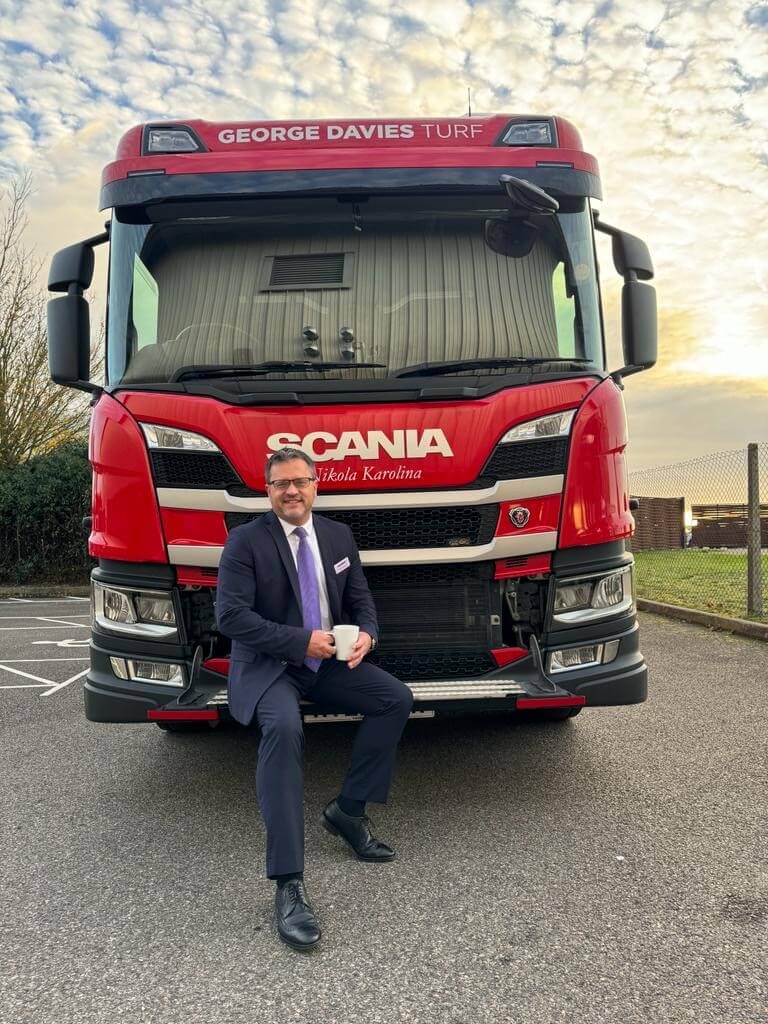The logistics industry plays an important role in keeping the UK economy moving, ensuring the seamless flow of goods carried across supply chains, from manufacturers to consumers.
It supports key sectors such as retail, construction and e-commerce, adapting to changing market demands, and supporting economic stability and growth across the nation.
The sector is well-established and highly regulated, however, sometimes things do go wrong so it is often the case that we are ‘parachuted’ into a business when this happens, and a client is facing criminal or regulatory enforcement. None more so than the safe loading of vehicles.
Vehicle loading is tightly regulated for good reason: safety. These laws are in place not just to avoid penalties but to protect lives. This article serves as a practical guide for drivers, operators, fleet managers, and those involved in loading vehicles.
Whose responsibility?
Responsibility for safe loading doesn’t fall solely on the driver. Anyone who causes or permits a vehicle to be used in an unsafe condition like a fleet manager or business owner can be held liable.
The law is a catch-all for any form of situation involving a motor vehicle or trailer that could be seen by law enforcement (the Police, the Driver and Vehicle Standards Agency or the Health and Safety Executive) as a danger or injury to any person. Importantly, they don’t have to show that injury was caused, but that it poses a risk.
What are the penalties?
Penalty points and a fine for the driver can follow, as well as an unlimited fine for the company, however, you should not just adopt your road vehicle policy to avoid the penalties or fines.
The consequences of a vehicle being dangerously loaded could lead to a serious incident, leading to an investigation into dangerous driving or causing serious injury or death by careless or dangerous driving. It is not a case of dealing with fines or penalty points but instead a risk of a custodial sentence.
But it’s not just about potential convictions and penalties but about keeping others safe and not being involved in an incident, avoidable injury or death case that has unimaginable consequences for all involved.
Every business should have a safe loading practice and policy in place and one that is bespoke to that business, specific to the nature and types of goods being moved, the vehicles being used and whether there are various types of goods that will be in transit.
Common sense backed by law
Securing loads may appear to be common sense, but enforcement action often follows when basic steps are overlooked. Anything loaded onto a vehicle must be secured so it cannot fall onto the road or pose a risk to others.
Use laws and guidance not as a mere regulatory requirement, but as tools to demonstrate to your staff and stakeholders that safety is a top priority. A culture of compliance reinforces a businesses’ reputation, improves morale, and ultimately contributes to long-term success and staff wellbeing.
The Woodfines transport team bring extensive experience in dealing with regulatory enforcement and road transport law. They work across the logistics and passenger transport sectors, representing clients in a wide range of motoring and transport-related cases – with a goal of keeping them ‘on the road’.


This reactive legal work includes supporting clients through investigations by regulatory bodies such as:
- The Health and Safety Executive (HSE)
- Driver and Vehicle Standards Agency (DVSA)
- Local authorities
- HMRC
- The Police
These investigations can be daunting, particularly for business owners or company officers who may never have faced enforcement action before. The team at Woodfines provides both legal expertise and the personal support needed during these challenging times.
Protecting individual and corporate reputations is central to Woodfines’ approach. The earlier legal advice is sought, the better the chances of achieving a positive outcome. Early involvement allows the team to open lines of communication with investigators, implement corrective actions quickly and make early representations that can reduce or even eliminate the risk of prosecution.
This legal support is delivered with sensitivity and discretion, limiting both the personal and commercial reputational impact of the case.
Business support
Woodfines is set apart through the strength of its wider legal services.
In addition to transport law, the firm offers support through its corporate, litigation and employment teams – providing end-to-end legal backing throughout a business’s lifecycle, from start-up to succession planning. Whether it’s defending against regulatory action or shaping internal policies to avoid future risk, Woodfines helps transport businesses operate safely and sustainably in an increasingly regulated landscape.
The transport team provides regular updates on legal issues to the transport industry including commentary in industry publications such as the National Highway’s Diving for Better Business. The team is sought after for speaking engagements and host and present at Woodfines’ annual transport conference.
Find out more about Woodfines Solicitors.
Written by: Mike Hayward – Head of Regulatory & Dispute Resolution, Woodfines Solicitors




















